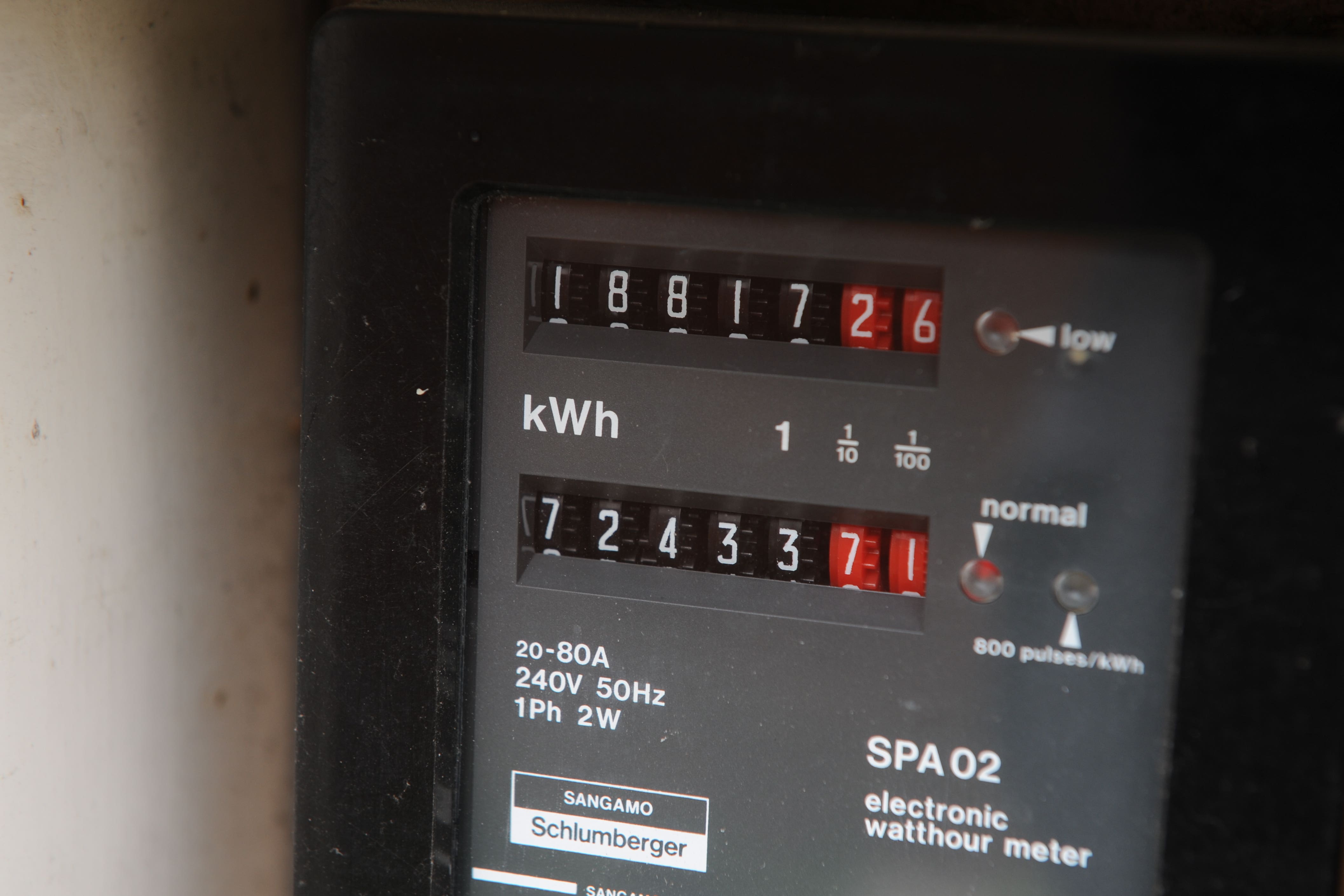One in four energy vouchers goes unused – but ministers call it a success
Payment help hasn’t reached many of Britain’s neediest households, writes James Moore


Someone in Grant Shapps’s department has clearly discovered how to create an analogue of Soma, the fictional happiness drug in Aldous Huxley’s Brave New World.
True, they are paid to portray the newly created Department for Energy Security and Net Zero (ESNZ) in a positive light – but the way the latest figures on the take-up of energy support vouchers was presented must have required some form of intervention. The spin is so intense, it’s a wonder half the department didn’t fall over before the release was signed off.
The vouchers are the means by which help worth £400 is being supplied to those with prepayment meters; these households tend to be in markedly worse financial health than those who pay their bills by direct debit. Their help is provided at source.
The vouchers are redeemable at the post offices or shops with a PayPoint logo. It requires ID, such as a driving licence, or perhaps a utility bill – a bureaucratic process for a group that struggles with bureaucratic processes.
Small wonder that nearly a quarter of the vouchers have gone unclaimed, even after a chilly January during which the dilemma of whether to heat or eat or ventilate (in the case of some disabled people) was made horribly real. And yet ESNZ trumpeted the figures as a success – a “record” following “a dedicated government campaign”.
“With January temperatures having dropped to as low as -10 degrees in some parts of the country, I am pleased to announce today a record number of households taking up the government support,” said Shapps.
ESNZ did concede there have been “concerns about the low take-up of EBSS vouchers”.
There still ought to be when 24 per cent are going unclaimed, rising to more than 30 per cent in Scotland, and more than 40 per cent in London.
Sure, things have improved since last year but one in four is still hardly a good figure especially if you consider that the people the vouchers are aimed at Britain’s neediest. They have wolves at their doors.
Another area of discrepancy comes in the performance of different energy providers administering the scheme. ESNZ cites E Gas & Electricity and Octopus, whose traditional prepayment meter (PPM) customers redeemed 87 per cent and 85 per cent of their vouchers respectively.
No information was provided on what they did to produce numbers like that, but I was told by a policy insider that the types of things that work are sending vouchers in the post rather than by email or text. This is more costly but energy companies will tend to have their customers’ postal addresses recorded correctly while email is more likely to be out of date.
Customer service teams can also see where their customers’ vouchers are – sent, in transit, arrived, returned, redeemed – by getting access to the voucher redemption portal. When they are on the phone, they can prompt consumers to use their voucher if they haven’t. Some have been doing this.
The fact that there have been problems with the scheme shouldn’t come as any surprise. National Energy Action (NEA), for example, warned from the start that vouchers were likely to prove awkward for households on old-style meters.
It has called for contingency measures to be put in place to assist them. Among its ideas are for the government to extend the voucher scheme and to waive the original deadlines. It could look to run a new version of the scheme from March specifically for legacy prepayment meters. It could consider reducing standing charges up to the value of the original £400 discount or whatever the value of a customer’s unclaimed support.
Alternatively – and this is its favoured option – customers who have missed out could be offered a lower unit rate for their energy. This is how the Energy Price Guarantee, which all domestic customers currently benefit from, already operates.
In his department’s press release, Shapps said he wanted energy companies to “redouble their efforts to get the support to those who need it”. They should heed that call. Perhaps he could lean a little harder on the backsliders in private too.
But perhaps he could also engage with organisations such as NEA to look at ways of assisting those who have missed out, often through no fault of their own.
The energy industry is a failing one that needs to do better. But the same is true of government.






Join our commenting forum
Join thought-provoking conversations, follow other Independent readers and see their replies
Comments